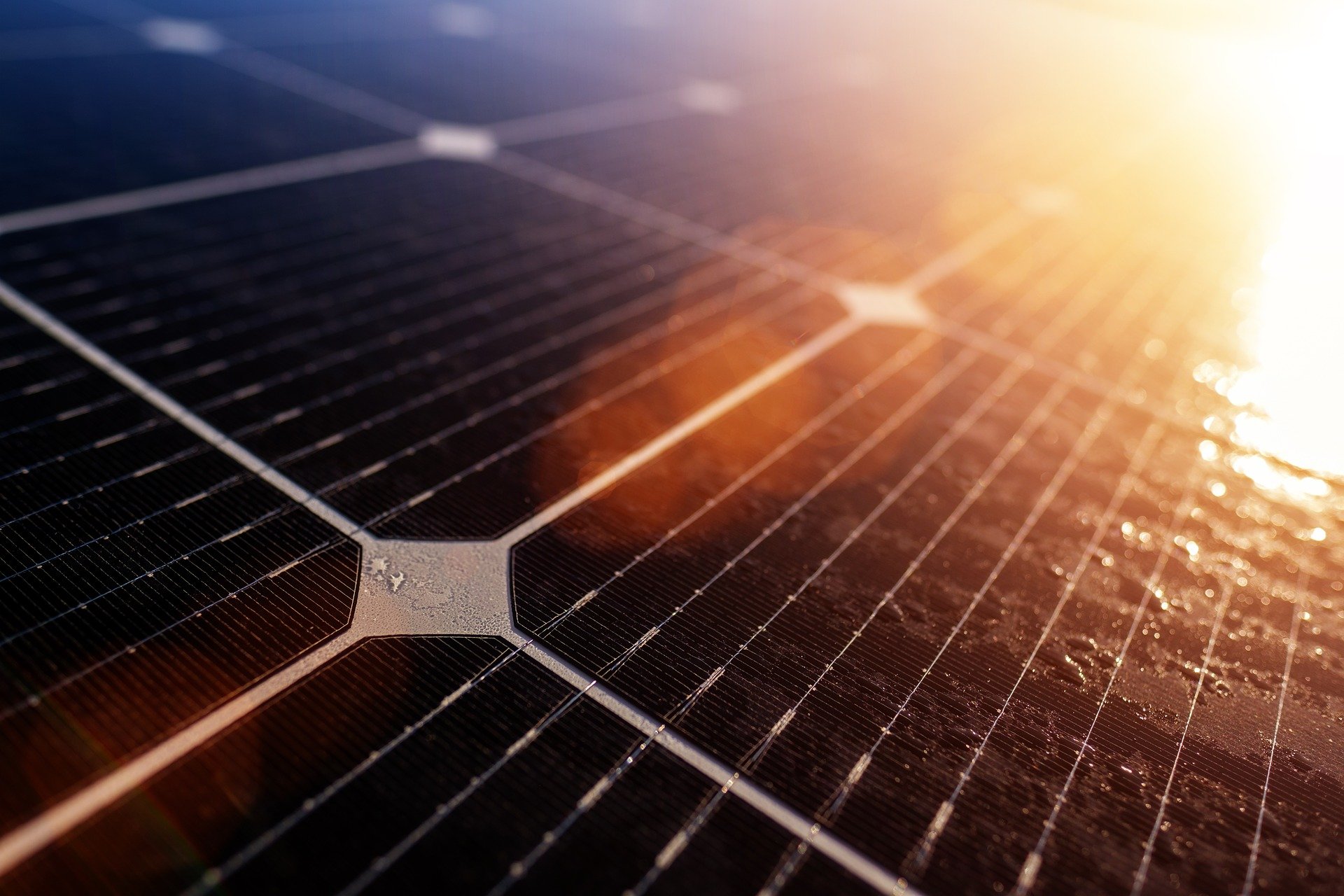Over the past 8 years, research has been carried out into smart energy systems. The final publication of the URSES* research programme has now been delivered. An interdisciplinary study and TU Delft was one of the 51 partners in the research programme. This included the PMU project, led by Marjan Popov, lecturer and researcher at TU Delft, Faculty of Electrical Engineering, Mathematics and Computer Science (EEMCS). He investigated a way to monitor the electricity network.
*URSES = Uncertainty Reduction of Smart Energy Systems
Reliable energy supply
Alternative energy sources such as wind and solar energy are gaining ground, but also involve uncertainty. They are dependent on changing weather conditions, which means that supply is not constant and the ability to plan is limited. Therefore, there is a need for more intelligence in the electricity grid. Smart energy systems (SES) are of great importance for a reliable energy supply and to keep electricity from new energy sources affordable.
Preventing blackouts in future electricity systems
“ Current control and monitoring systems will not detect future grid reliability problems. Unexpected disturbances and inadequate monitoring will cause failures and blackouts. The PMU project paves the way for security and safety applications in real-time monitoring by using synchrophasors to increase the reliability and security of electricity supply in future electricity systems," according to Marjan Popov. The researchers of the PMU project designed a new monitoring scheme. In existing and future electricity networks, they focused on eliminating frequency instability, cascading interruptions, and catastrophic blackouts.
More details on the PMU project and approach can be found on page 32 of the URSES Eindpublicatie 2021.pdf (nwo.nl) . In this story of science Marjan Popov explains how we can protect the electricity grid of the future.
About the URSES programme
NWO, AMS Institute for Advanced Metropolitan Solutions, TKI Urban Energy and Shell published the joint final publication on the URSES and URSES+ research programmes. This forms a rich and accessible overview of scientific results. The results contribute to accelerating the transition to a reliable, scalable and sustainable energy system. A number of questions were central to the URSES research: What uncertainties are there? What are the effects of uncertainties on users? And how can these uncertainties be reduced?
The research was carried out by 19 research projects, 8 of which were coordinated by TU Delft. This was done in cooperation with a total of 51 partners from the social field.
More information: https://www.nwo.nl/nieuws/eindpublicatie-onderzoeksprogramma-uncertainty-reduction-smart-energy-systems-urses-en-urses

